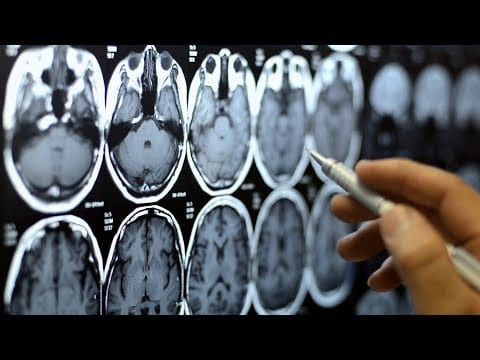
The Ethics of Neuroscience’ examines the fundamental questions being raised by our growing understanding of the human brain.
New technologies are allowing us to have control over the human brain like never before. As we push the possibilities we must ask ourselves, what is neuroscience today and how far is too far?
The world’s best neurosurgeons can now provide treatments for things that were previously untreatable, such as Parkinson’s and clinical depression. Many patients are cured, while others develop side effects such as erratic behaviour and changes in their personality.
Not only do we have greater understanding of clinical psychology, forensic psychology and criminal psychology, we also have more control. Professional athletes and gamers are now using this technology – some of it untested – to improve performance. However, with these amazing possibilities come great ethical concerns.
This manipulation of the brain has far-reaching effects, impacting the law, marketing, health industries and beyond. We need to investigate the capabilities of neuroscience and ask the ethical questions that will determine how far we can push the science of mind and behaviour.
. . .
Dr Jamie Walvisch, was a Lecturer in the School of Law at the time that he featured in this video.





